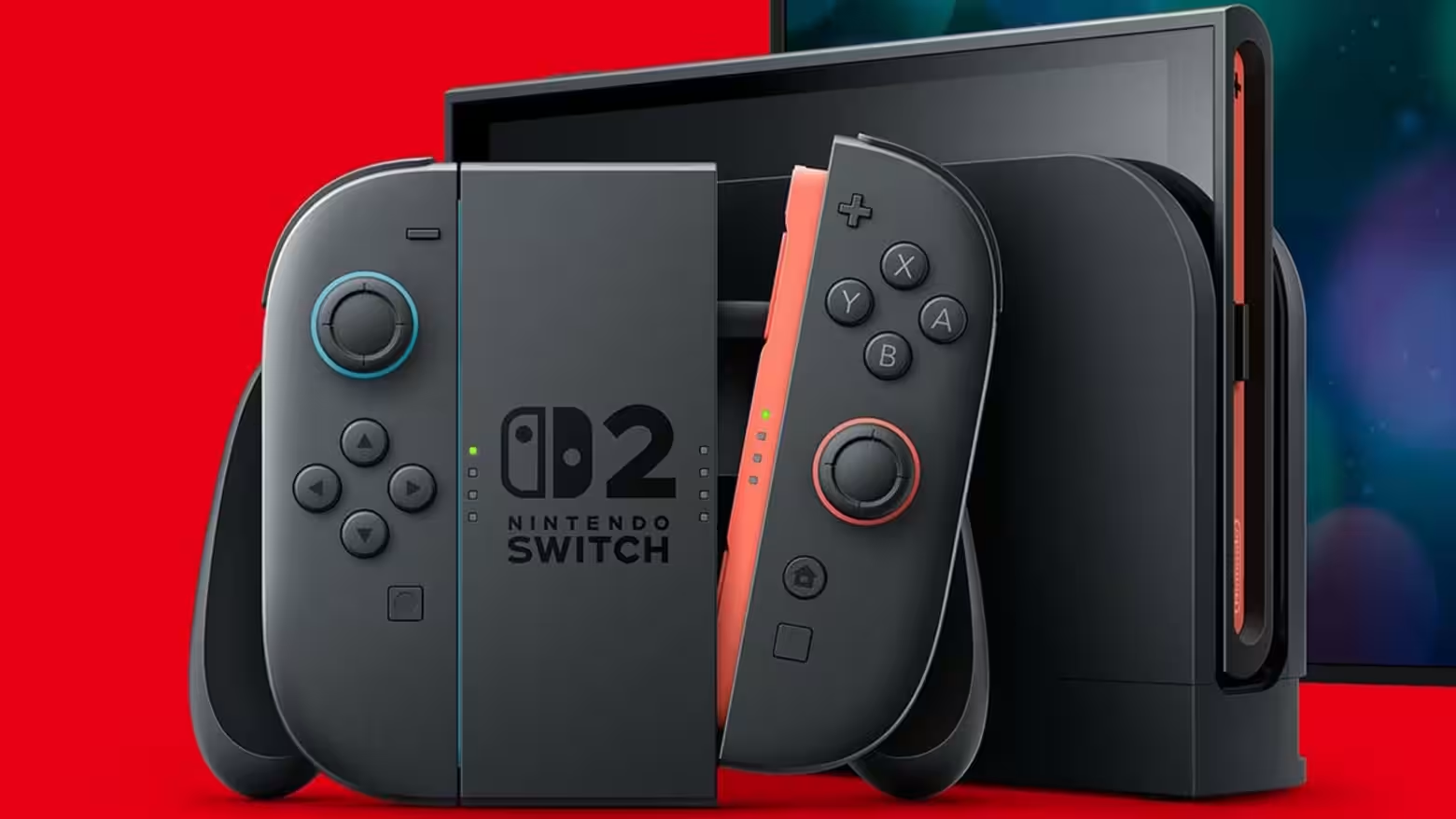
LAGUNA BEACH, CALIFORNIA - MARCH 07: Founder and CEO of Rivian RJ Scaringe speaks onstage during the ...
More Rivian Reveals All-Electric R2 Midsize SUV event at Rivian South Coast Theater on March 07, 2024 in Laguna Beach, California. (Photo by Phillip Faraone/Getty Images for Rivian) Recently, when Rivian electric car company founder RJ Scaringe introduced the upcoming second generation of the company’s two primary models—the R2S SUV and R2T pickup truck—he paid fine homage to Apple founder Steve Jobs’ iconic “one more thing” end-of-presentation surprise strategy. Scaringe introduced not one unexpected vehicle—the R3—but a second variant, the R3x, which has the automotive segment excited even though the new models are still a year or so from production.

Watch the wink to Jobs at the 27:45 mark: Now, Scaringe and Rivian have announced another unexpected thing: a micromobility development company called Also, Inc . The products from Also will skew more toward personal use, although some micromobility products—especially e-bikes—are quickly becoming staples of the delivery industry, with workers contracting with companies such as Uber Eats, Doordash and others. Rivian has also produced tens of thousands of distinctive electric delivery vans for Amazon.
com and recently began offering the vans for public sale. “Also will focus on small, lightweight vehicles that are designed to meet the global mobility transportation challenges of today and tomorrow,” Rivian said in a press release, with Scaringe adding “for the world to fully transition to electrified transportation, a range of vehicle types and form factors will be needed.” Also will be its own company, but will work closely with Rivian, much like Harley-Davidson and its e-moto spinoff LiveWire and Royal Enfield with its new electric motorcycle company Flying Flea (below).
Chris Yu , Rivian’s VP of future programs, will be its president, according to Rivian’s press release. Additional investment totaling over $100 million will come from investment company Eclipse , which is currently working with dozens of small tech startups. Other partners, so far unnamed, are reportedly involved.
No specific products or timelines have been announced as of yet, but Scaringe has a history of paying attention to the mobility market , even while developing his full-size vehicles. According to tech tracking site TechCrunch , Scaringe will show an initial vehicle later this year , and strongly hinted it will be an affordable e-bike. TechCrunch said Scaringe and Rivian growth director and Eclipse partner Jiten Behl started talking about developing micromobility products just ahead of the pandemic.
During the Covid years, TechCrunch said Christ Yu from bicycle and e-bike maker Specialized joined the effort. Bloomberg posted in early 2023 that Rivian was working on an e-bike , but details were scant. Scaringe founded Rivian in 2009, one year after Tesla began production of its first model, the original Lotus-based Roadster.
Rivian went public in late 2021 with a stock price near $130 per share, giving the company a massive market cap before they had produced many commercial vehicles. The first Rivian R1T electric pickup for commercial sale rolled off the assembly line in September of that year. The stock fell as the pandemic wore on and excitement over EVs waned.
Today, Rivian shares remain in the teens and production continues for the company’s latest generation of R1S and R1T vehicles as well as the distinctive electric delivery vans. Rivian’s market cap has hovered around $10 to $20 billion since 2022, and the company turned its first official profit—$170 million—in the last quarter of 2024 after years of heavy losses as production scaled up. With many prospective EV buyers souring on Tesla vehicles due to CEO Elon Musk’s political involvement, Rivian’s profile has risen as of late.
With President Trump’s fairly antagonistic relationship with (most) electric vehicles and a possible end of tax incentives of EV buyers, the move to release Also into the wild might be timely if the vehicles are manufactured in the U.S. and not affected by tariffs.
The vast majority of e-bikes, electric scooters and other micromobility products are manufactured in China, putting them at risk of price increases due to tariffs. Scaringe told TechCrunch he thinks many e-bikes are overpriced; a competitive domestic product with no tariff charges could have legs (or wheels) if production can scale quickly and import tariffs remain in place. Thank you for reading.
Subscribing to Forbes.com allows you to leave comments and support contributors like myself. Subscribe to my Forbes.
com page and get notifications when new stories are posted. You can also follow me on LinkedIn ..















